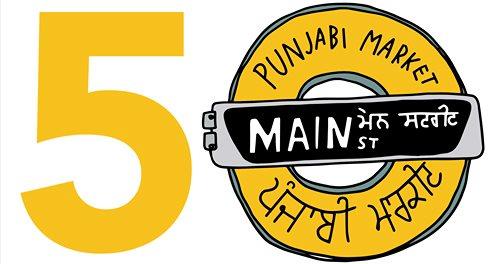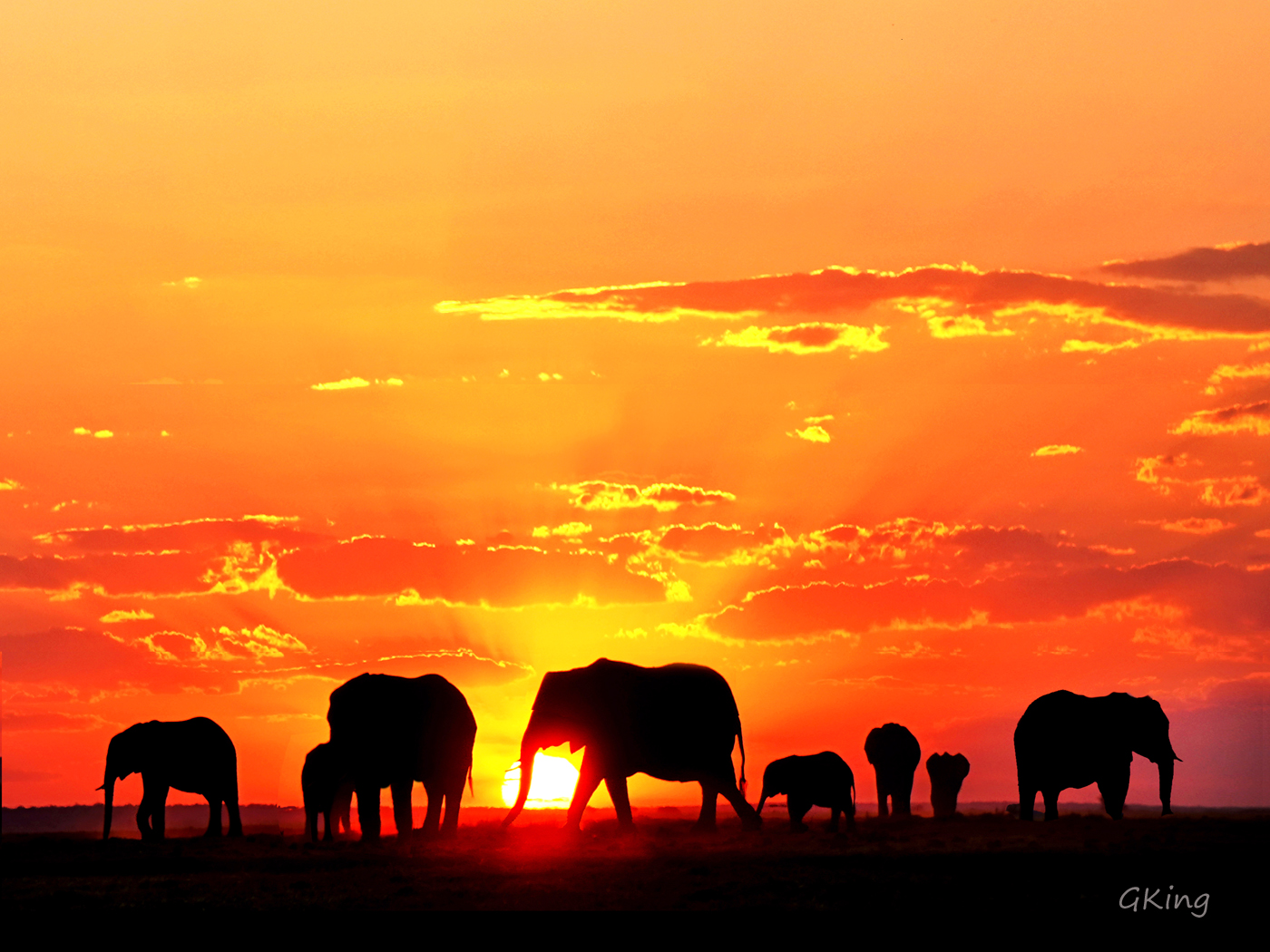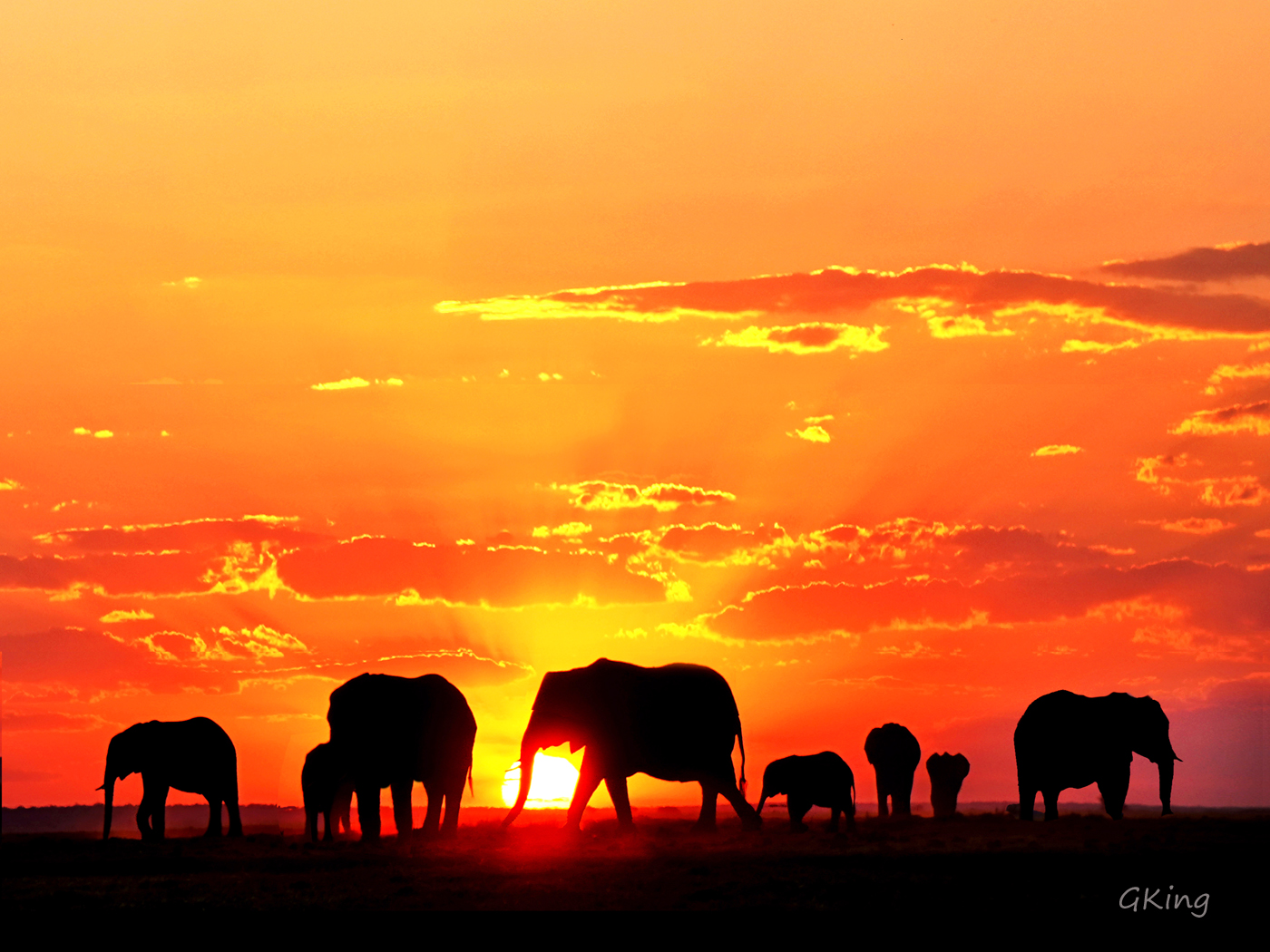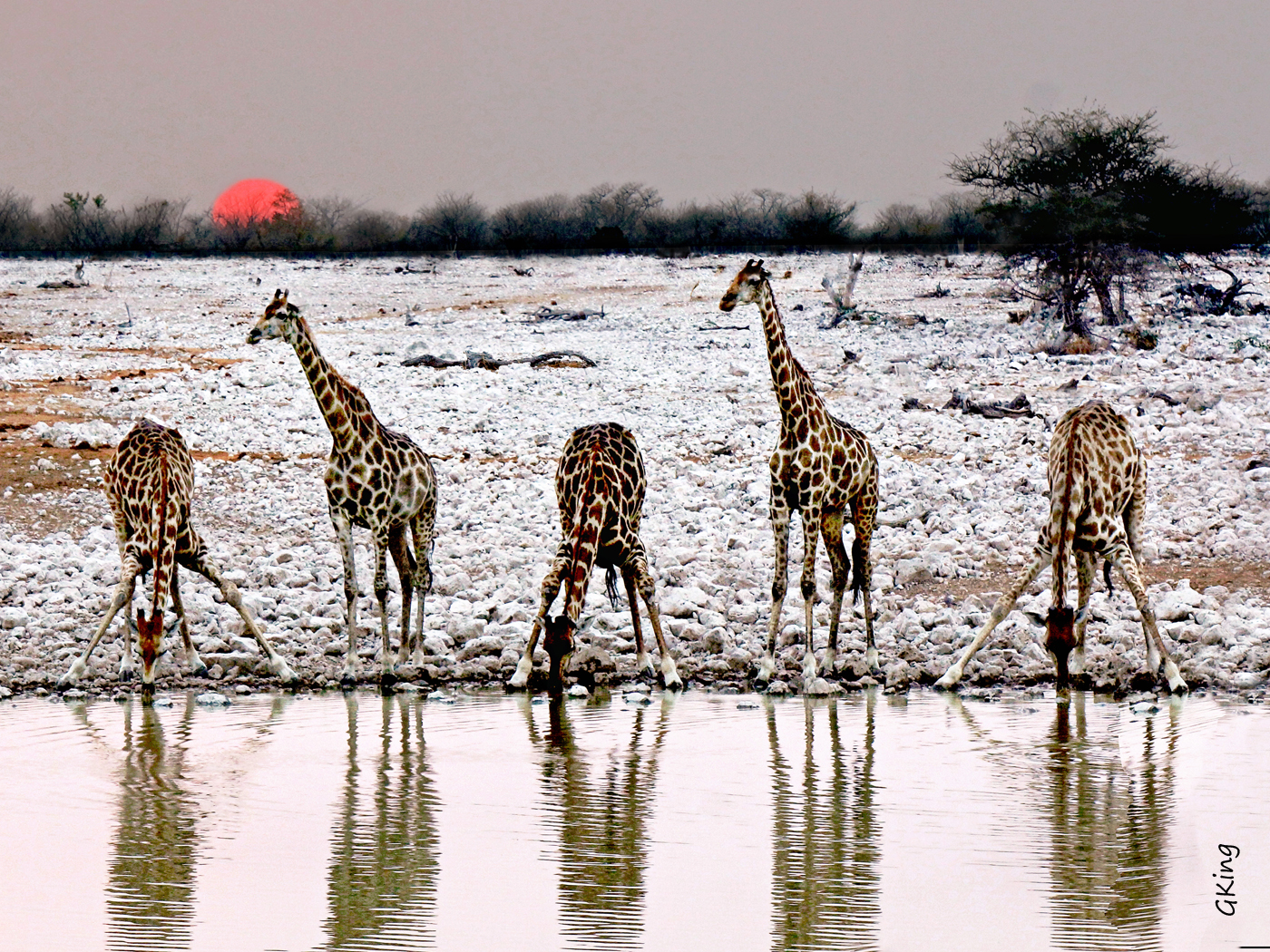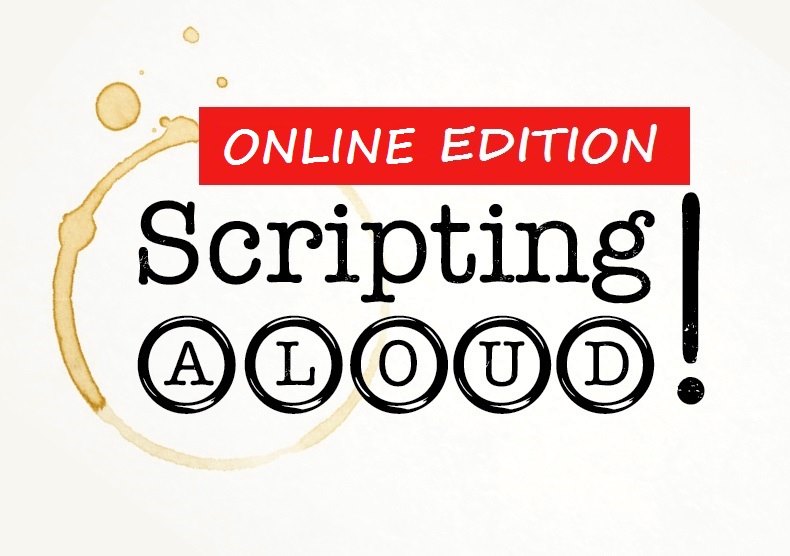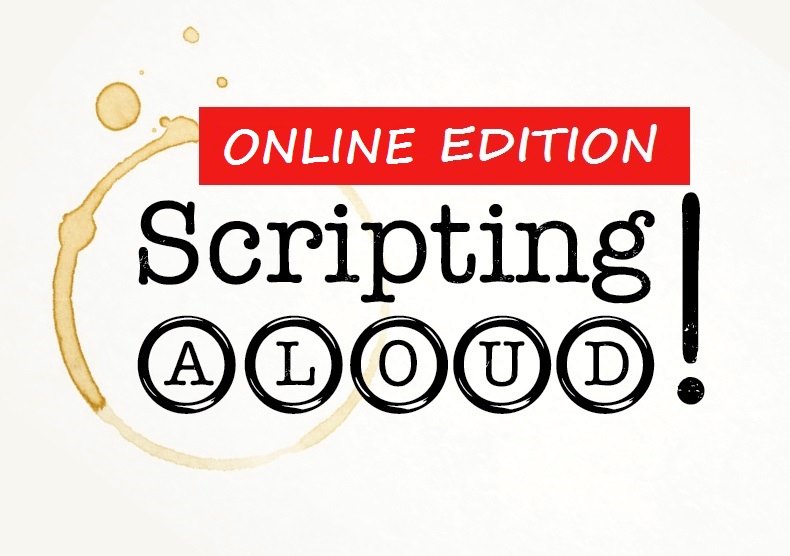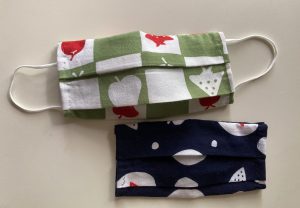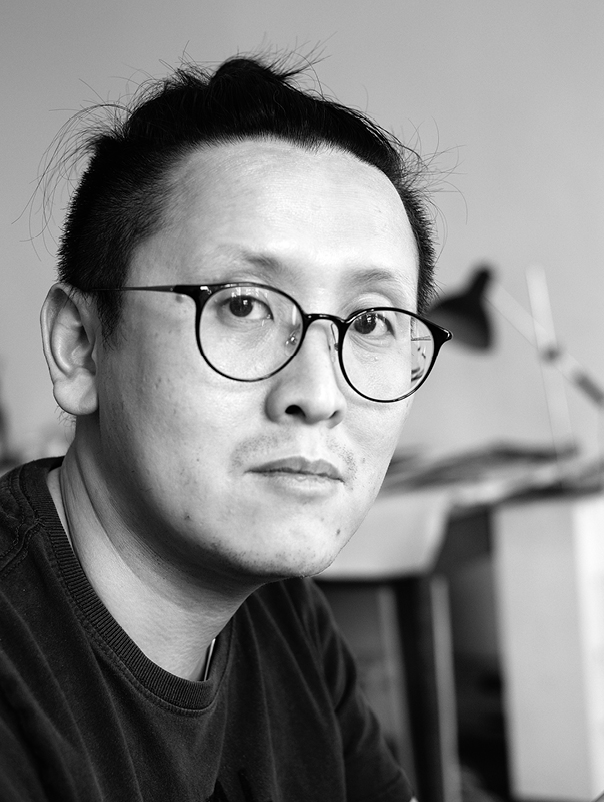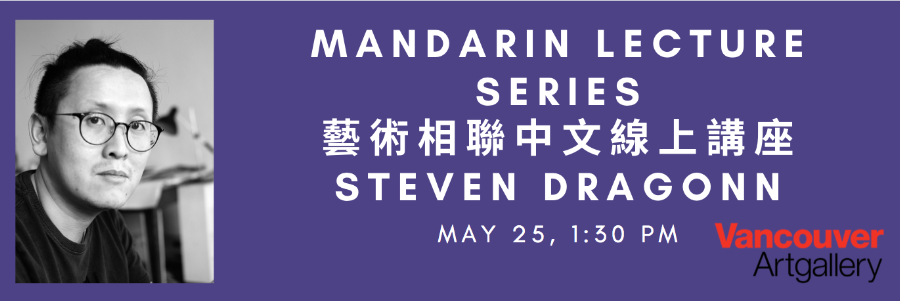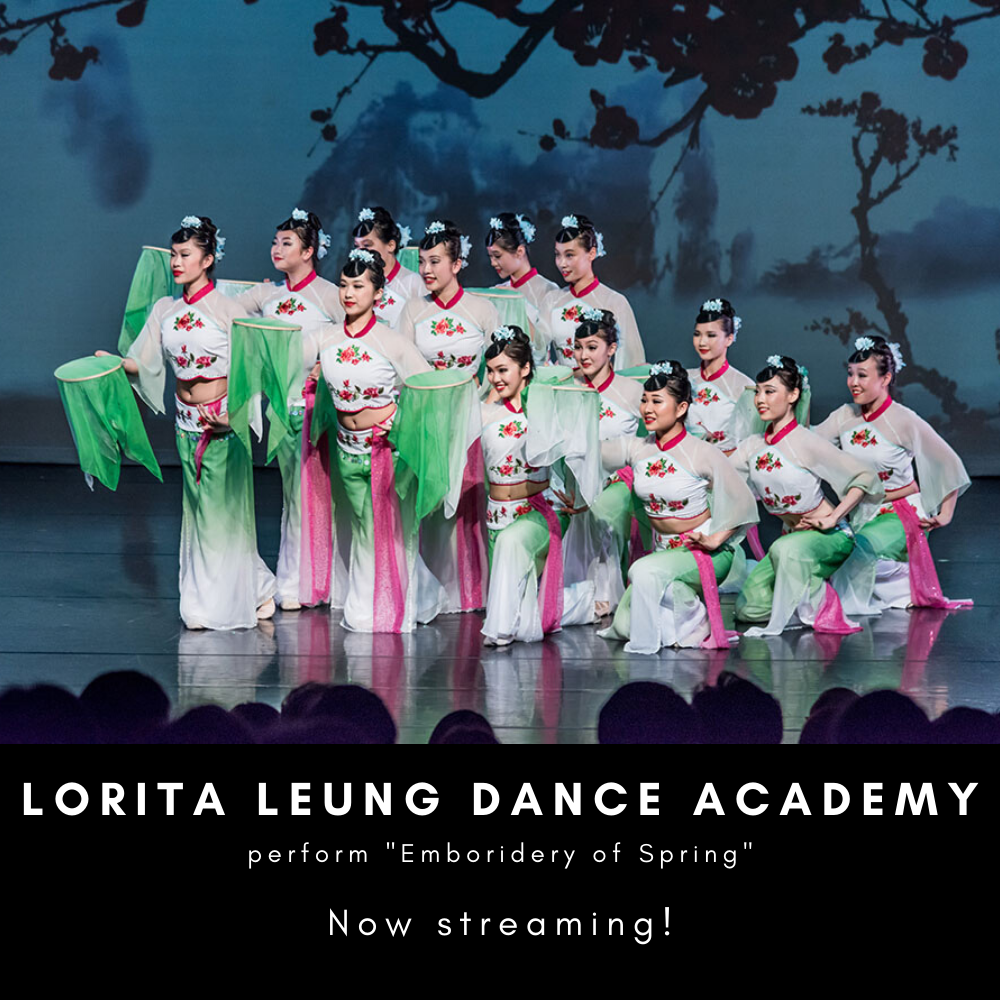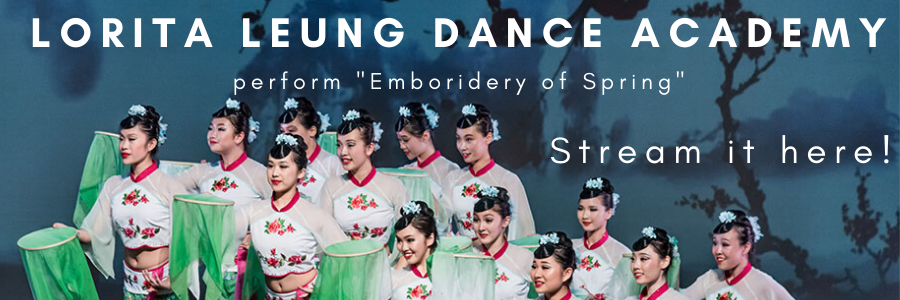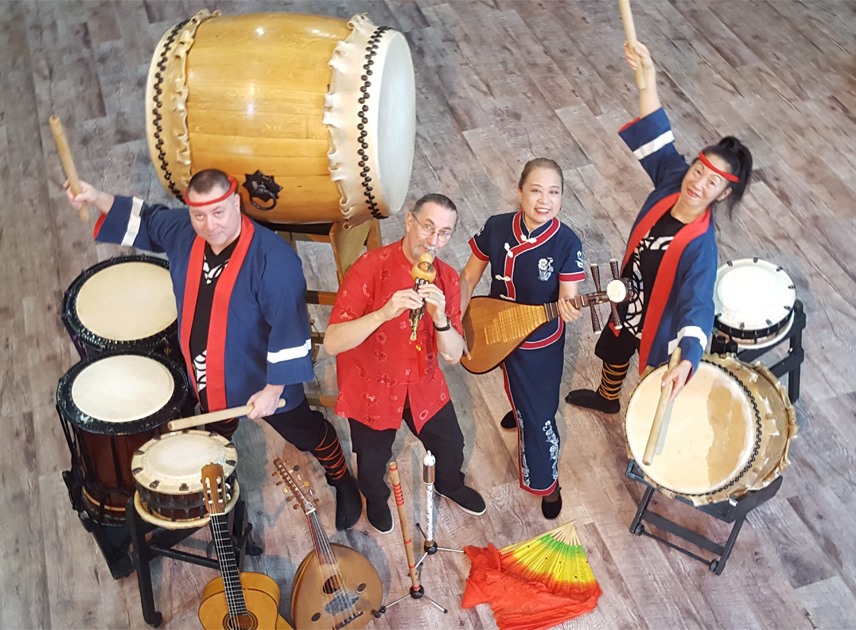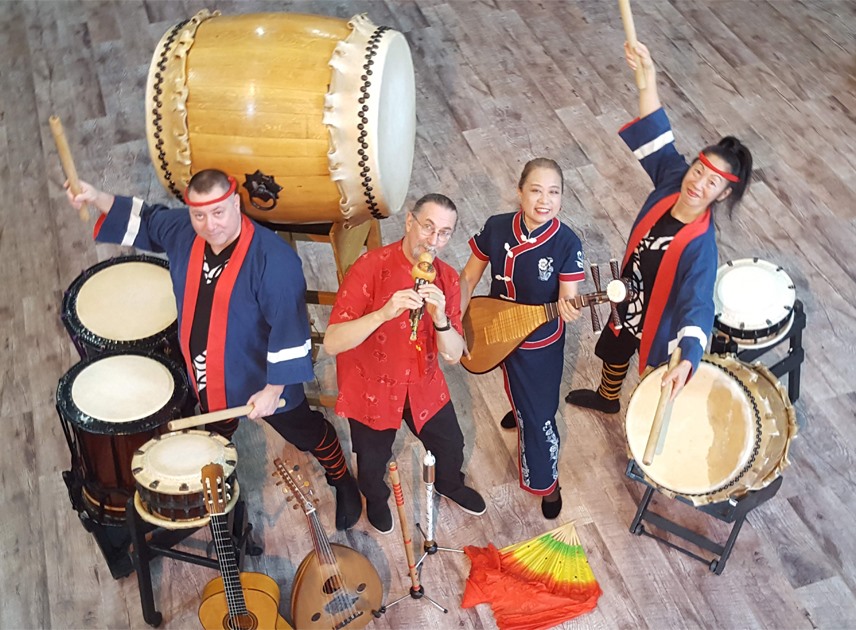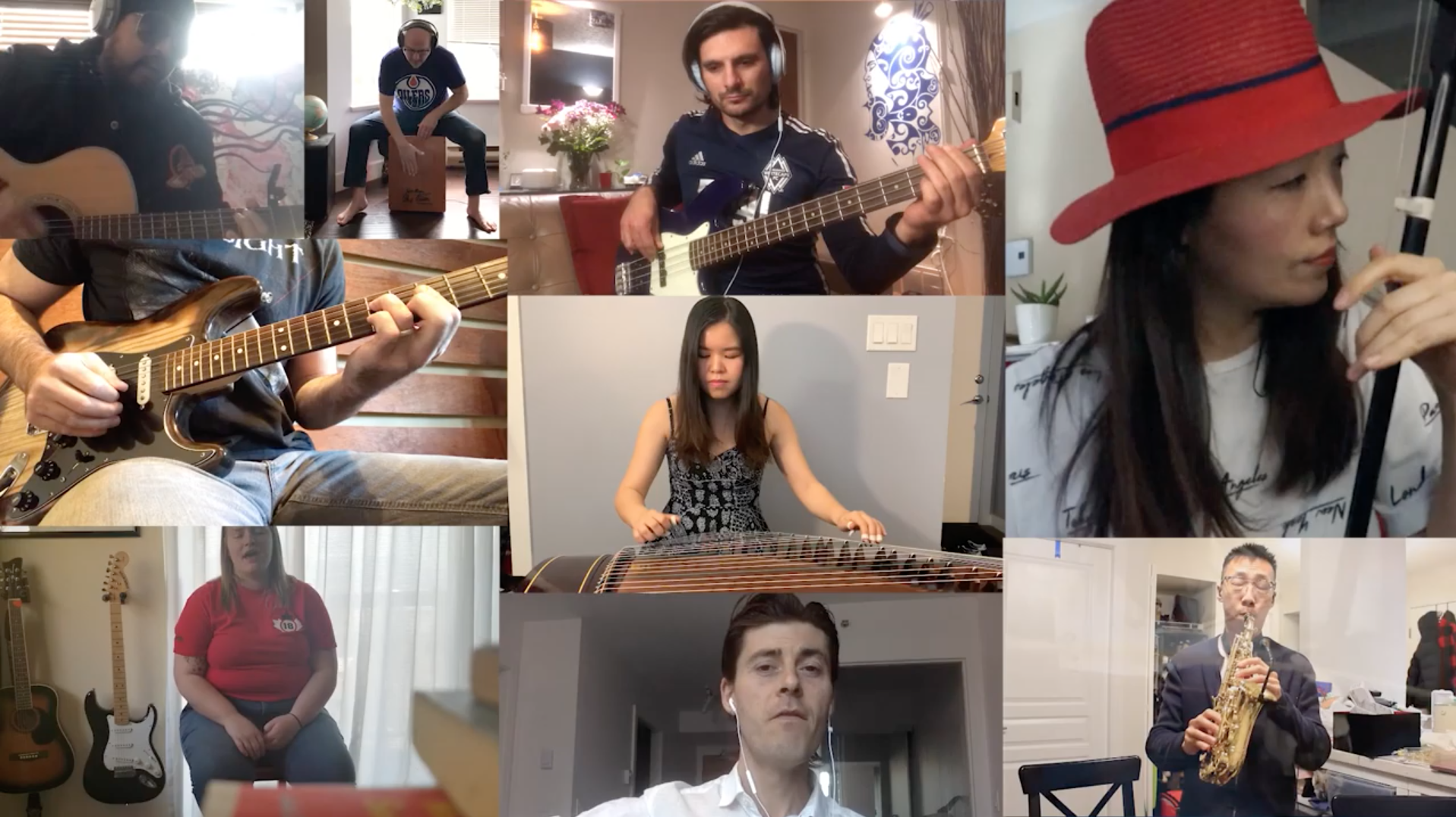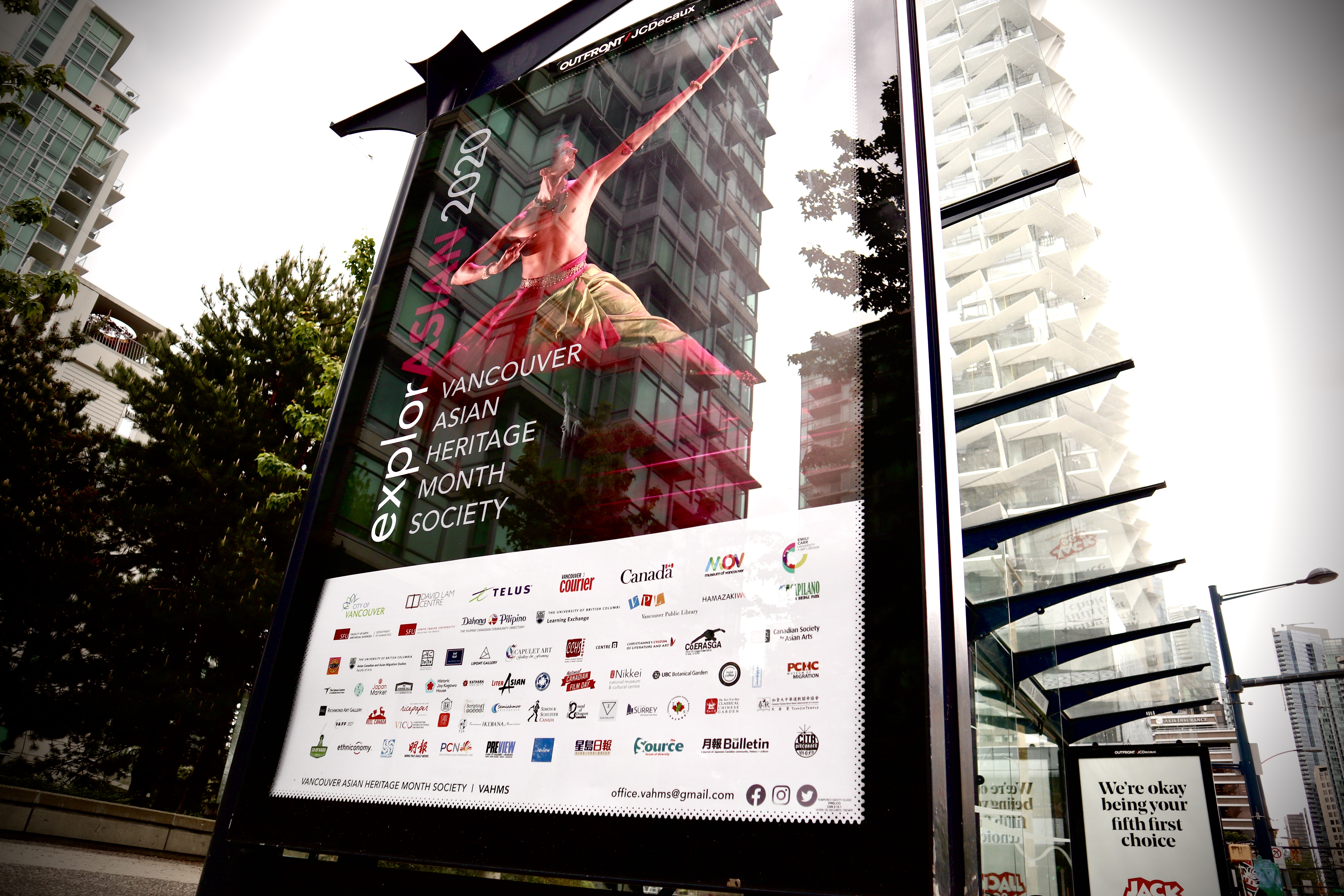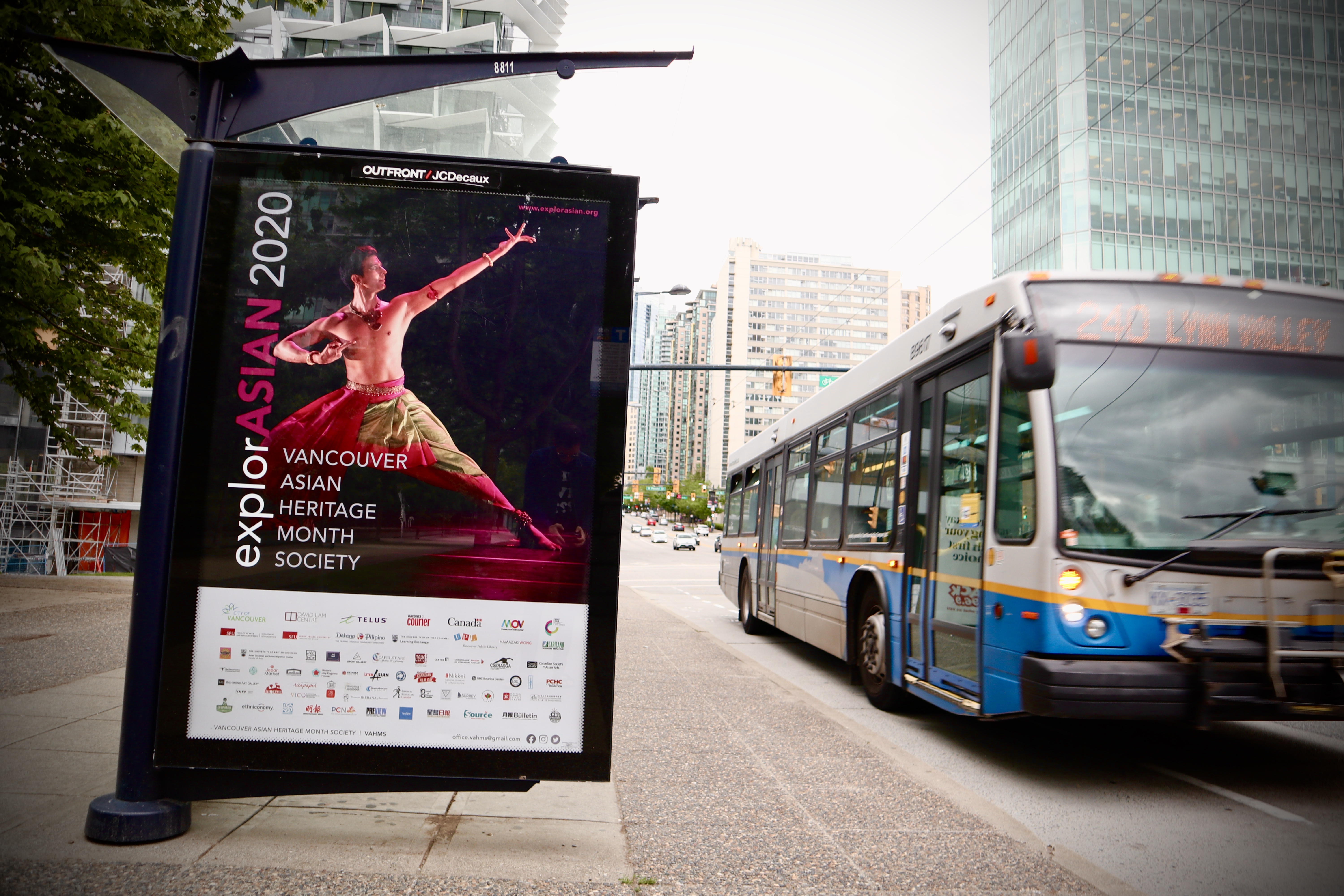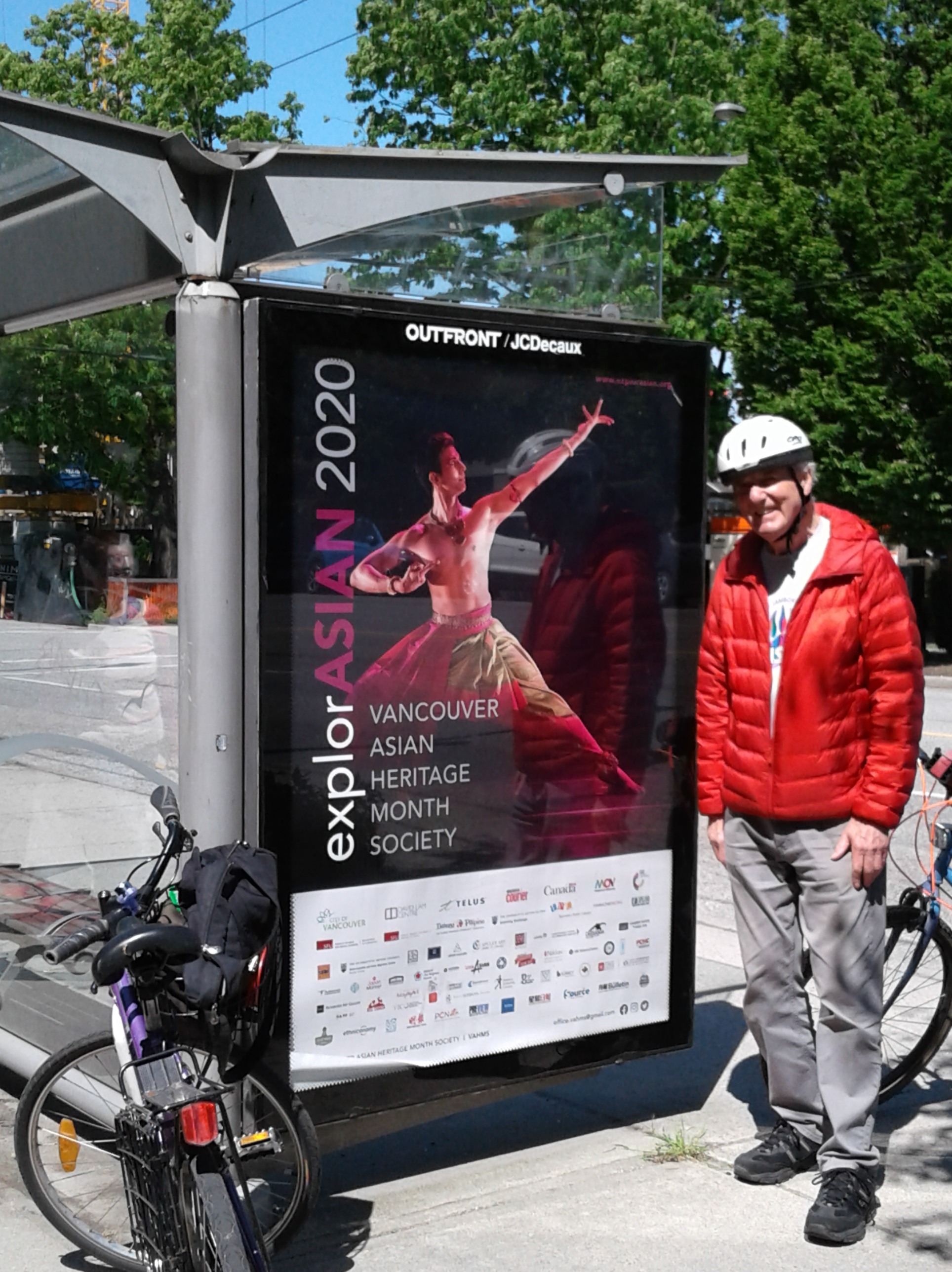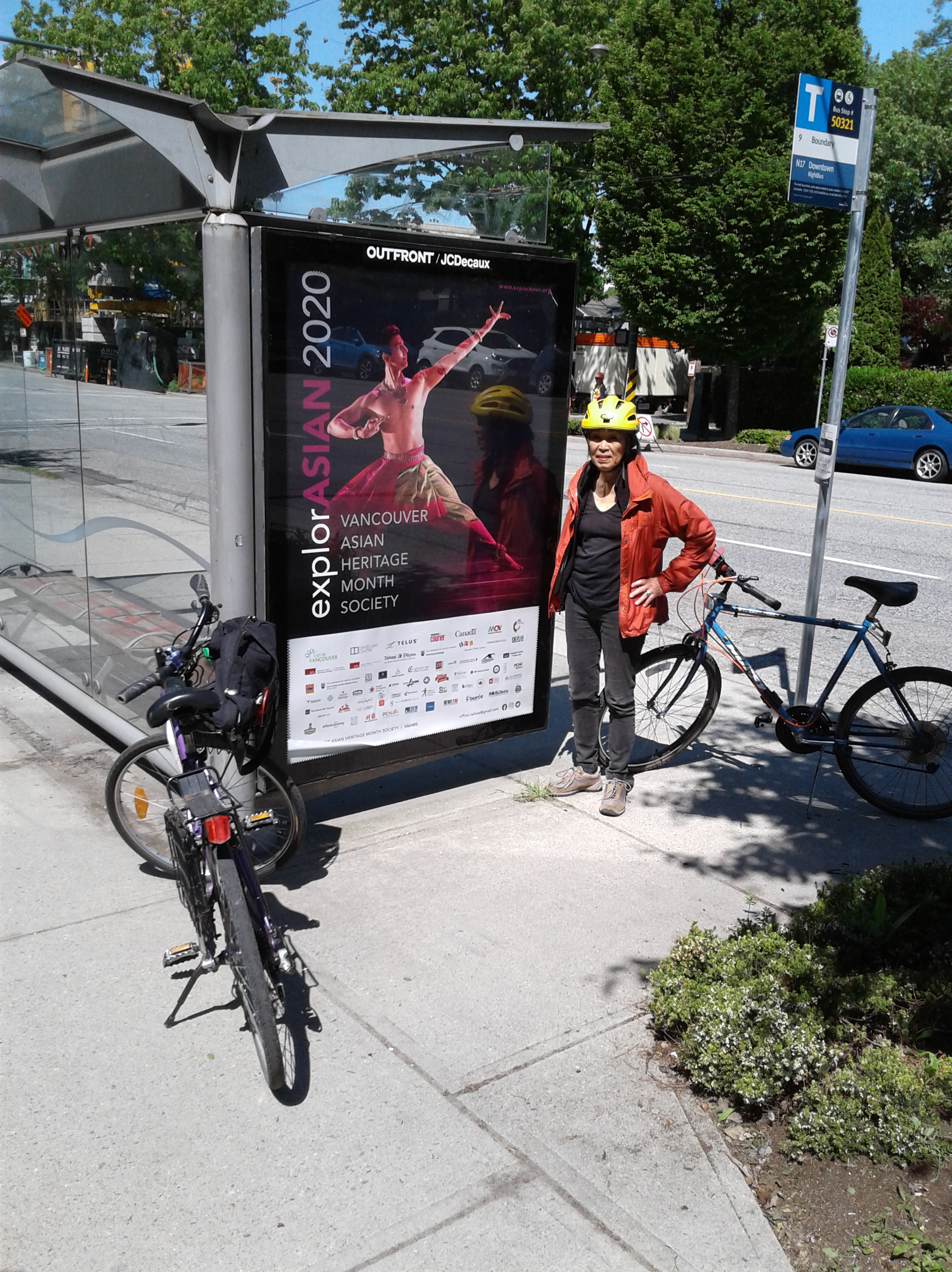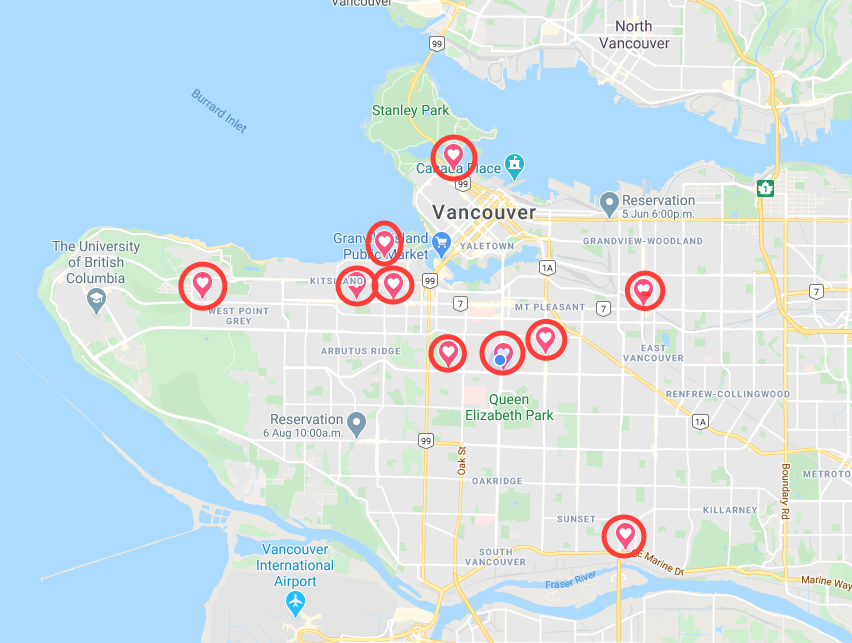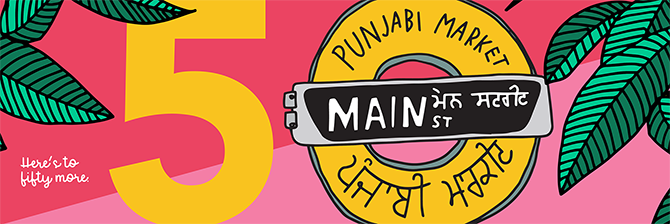
We have some exciting announcements to pass along!
This year marks the exciting 50th anniversary of the oldest Punjabi Market in North America – and last year, City Council passed a unanimous motion declaring May 31, 2020 as the celebration date.
To honour this significant anniversary, City Hall will be illuminated in orange tonight, and a webpage to mark the 50th Anniversary of the Punjabi Market has just gone live. To add a new splash of colour to the Market, a mural by local artist Jag Nagra has also been commissioned by the City.
Also tonight, the Punjabi Market Regeneration Collective (PMRC) will be hosting a virtual variety show and celebration called PM50 across a number of social media platforms, including Youtube, Facebook, and Instagram.
Starting at 7:10pm, the event will be hosted by Hockey Night in Punjabi’s Amrit Gill and have interviews with prominent figures in the community including broadcast pioneer Sushma Datt, owner of Punjab Foods Harjinder Singh Toor, and the first shop owner Sucha Singh and Harbans Kaur Claire. There will be live performances, poetry and exciting information on the new Punjabi E-market.
The PMRC is will also be launching the PunjabiMarket.ca e-commerce portal. The Virtual Punjabi Market will help local business owners/entrepreneurs by expanding their reach, and will create a vehicle for patrons to shop in the Punjabi Market from their homes. Proceeds collected by the PMRC — through the shopping portal — will be used to fund the arts, culture, and social sectors for the benefit of residents in this neighbourhood, and South Asians at large.
You can find out more about the Punjabi Market Regeneration Collective, the virtual celebration, and the virtual Punjabi Market/e-commerce portal at www.PunjabiMarket.ca
On behalf of the City of Vancouver, we wish all friends and supporters of the Punjabi Market a very happy 50th Anniversary Celebration!
More information:
Punjabi Market Regeneration Collective / Virtual Punjabi Market – www.punjabimarket.caCity of Vancouver – Punjabi Market 50th Anniversary WebpageCity of Vancouver – Punjabi Market Planning Webpage

